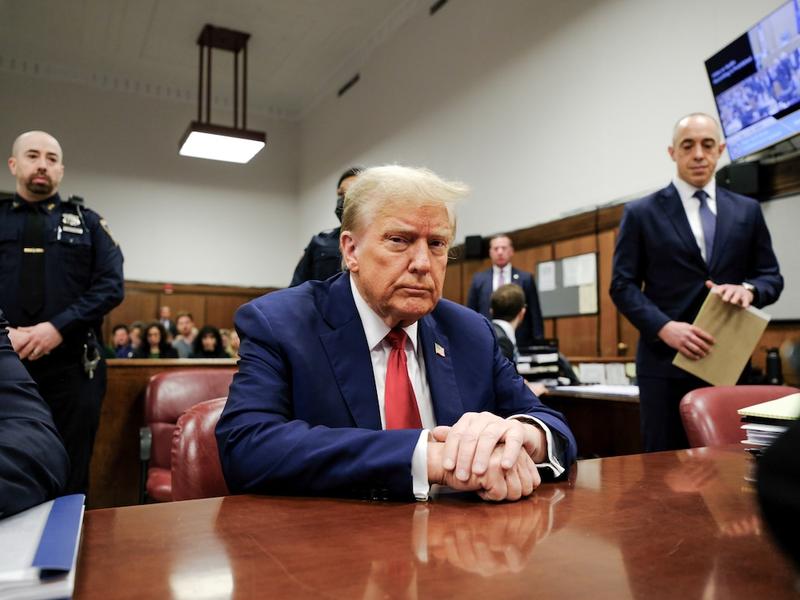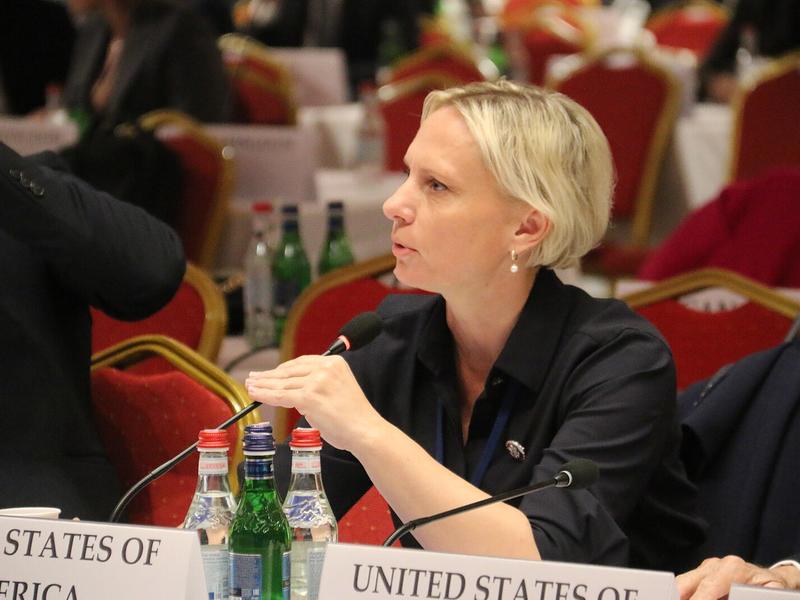
"We exchanged differences on a number of things," said Speaker Paul Ryan after his meeting with soon-to-be Republican presidential nominee Donald J. Trump. "There are policy disputes that we will have. There is no two ways about it. Plenty of Republicans disagree with one another on policy disputes." Ryan is, of course, correct that fellow partisans in Congress disagree among themselves about many issues. But those policy differences almost never extend to the question of whom members will support for president. American political parties have traditionally imposed little by way of obligation on their elected officials. Members get to Congress by their own individual efforts in fundraising and electioneering, and national party leaders and party committees cannot control who makes it through the rigors of that process. The upshot is that party leaders in Congress must work with the members they have, not the members they might wish they had. Given this reality, party leaders have rarely attempted to enforce policy uniformity. The few historical periods when congressional leaders have attempted to bind members to caucus discipline have never been sustainable








Subscribe Today
Our subscribers have first access to individual race pages for each House, Senate and Governors race, which will include race ratings (each race is rated on a seven-point scale) and a narrative analysis pertaining to that race.